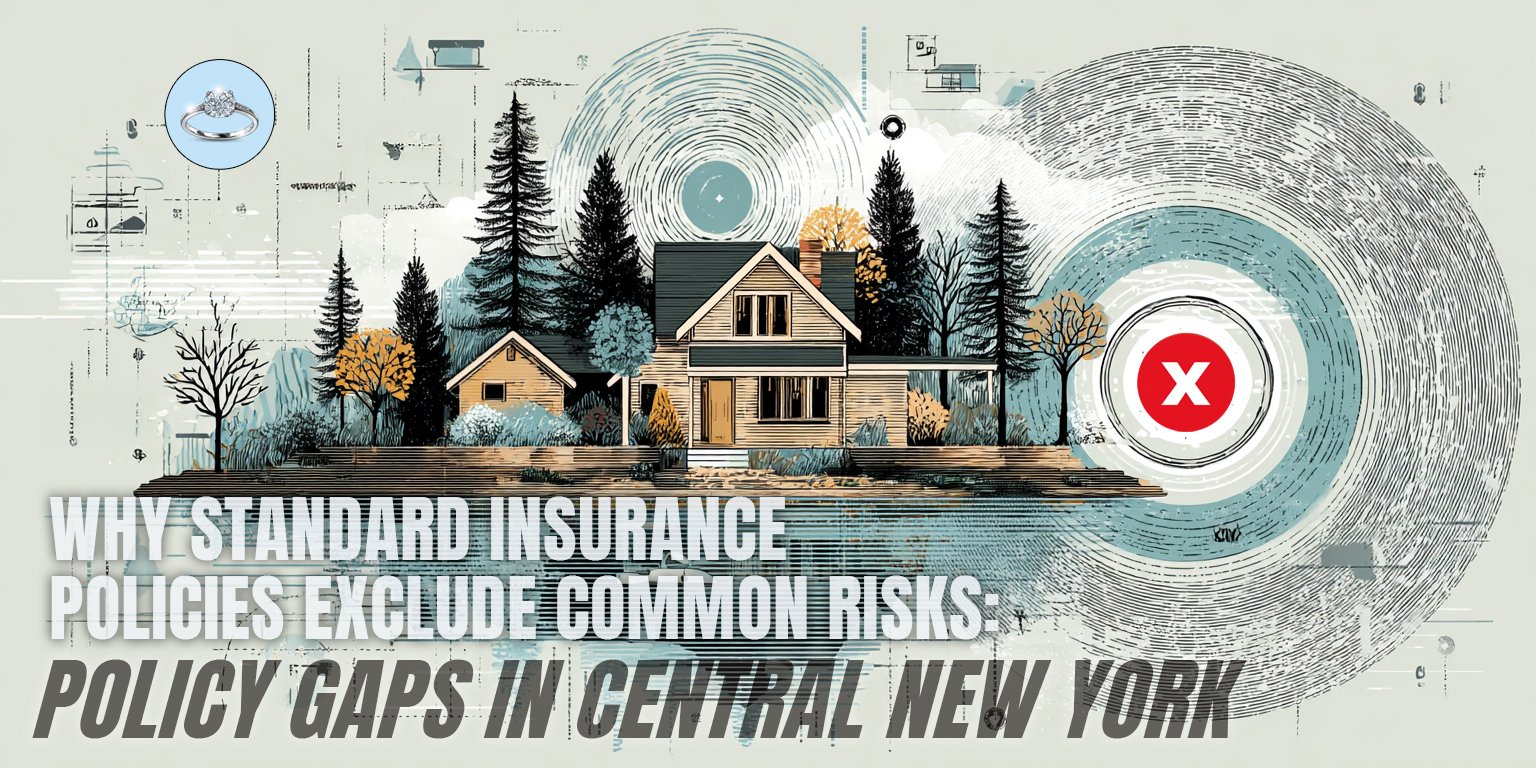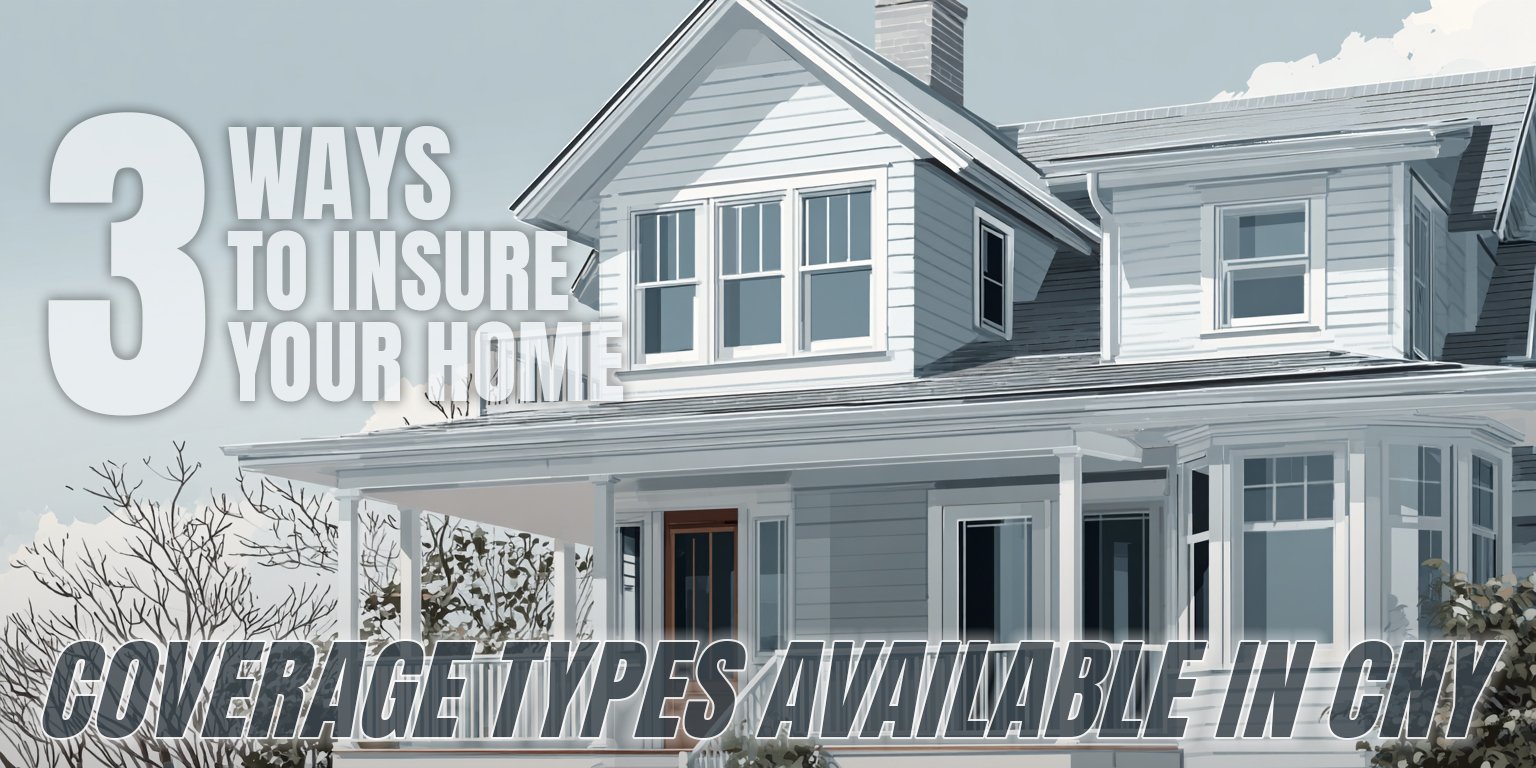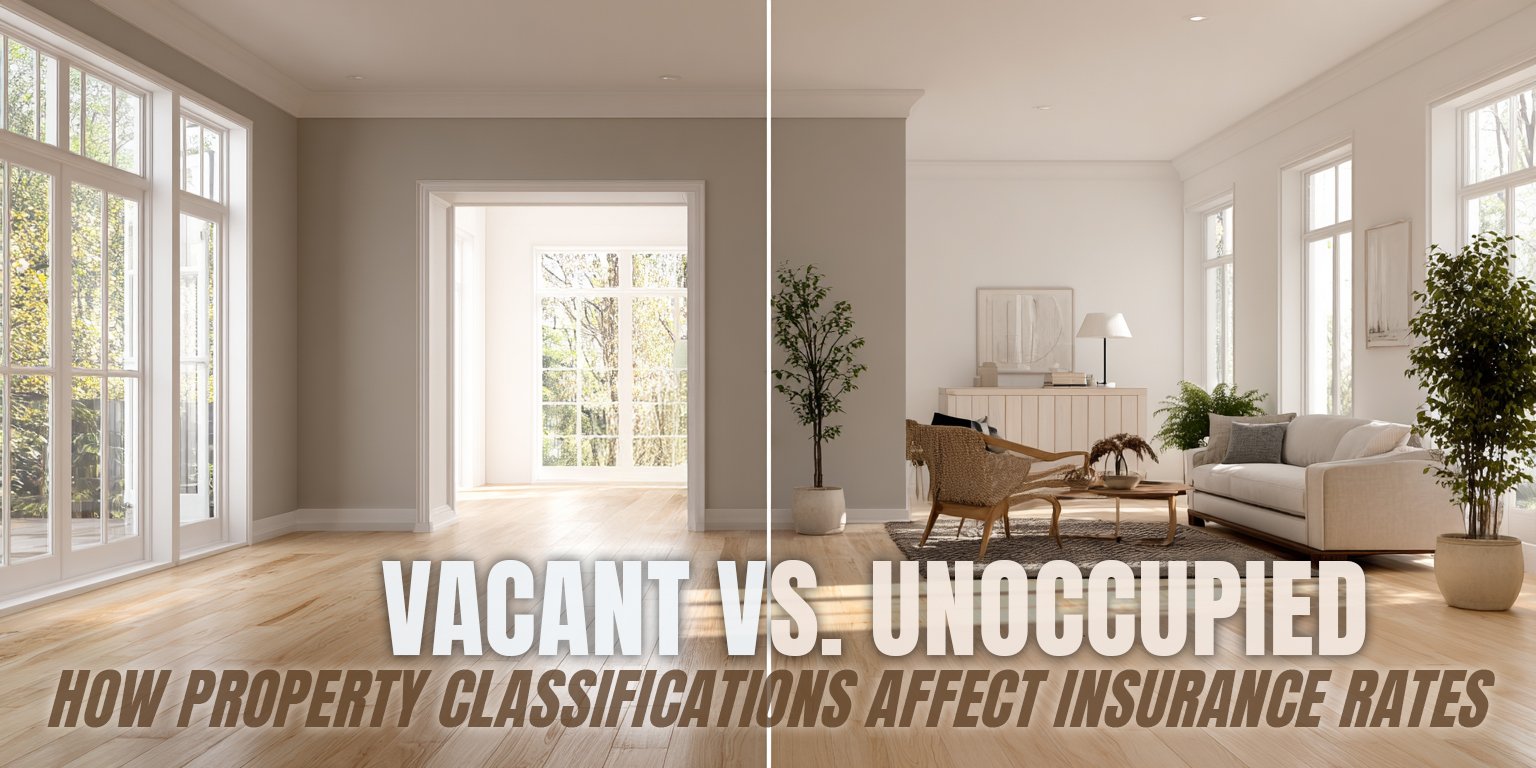How to Insure a House Owned in an LLC
November 15th, 2024
3 min read

You've just acquired an investment property in Syracuse, and you're considering putting it in an LLC for added protection. As you weigh your options, a crucial question arises: How will this affect your insurance coverage?
Many property investors in Central New York assume insuring a house owned by an LLC is straightforward. But here's the reality: it can significantly impact your coverage options and costs. This complexity can leave you facing unexpected gaps in protection or higher premiums that could strain your investment strategy.
At the Horan insurance agency, we've worked with numerous Central New York property owners to address the intricacies of insuring LLC-owned homes. As an independent agency collaborating with multiple carriers, we're familiar with these challenges and can assist you in exploring insurance options for your situation.
In this article, we'll explore why standard home insurance policies often don't work for LLC-owned properties, the potential financial impact of choosing the wrong coverage, and steps you can take to help protect your investment. We'll also discuss the differences between personal and commercial policies for LLC-owned properties, and how the structure of your LLC can affect your insurance options.
By reading to the end, you'll gain a clearer understanding of how to navigate the insurance landscape for your LLC-owned property in Central New York, helping you make informed decisions to protect your investment.
Understanding the Insurance Landscape for LLC-Owned Properties in Central New York
When you title a property under an LLC, you're creating a scenario where a company, not an individual, owns the home. This shift can have significant implications for your insurance coverage:
Personal vs. Commercial Policies for LLC-Owned Properties
Many carriers interpret LLC ownership differently, which can affect your ability to secure a standard homeowners policy. If possible, finding a carrier willing to write a personal lines policy (such as a Dwelling Fire policy) for your LLC-owned property is often the best route. These policies are typically more cost-effective and provide a more extensive set of standard coverages.
If you can't find a carrier willing to write a personal lines policy, you'll need to explore commercial property policies. These policies operate differently:
- Replacement cost coverage, contents coverage at replacement cost, and loss of use coverage often aren't standard and must be specifically requested.
- This a la carte approach can make commercial policies more complex and potentially more expensive than their personal lines counterparts.
The Multi-Property LLC Dilemma
If your LLC owns multiple properties, you'll likely need a commercial policy. Personal lines policies typically can't cover multiple properties under a single named insured.
Tailoring Coverage for Your LLC-owned Property's Purpose with Landlord and Short-Term Rental Policies
Most investors who put properties in LLCs intend to rent them out. In these cases, a landlord policy is often the most suitable option. If you're planning to use your property for short-term rentals through platforms like Airbnb, you'll need to disclose this to your insurance provider.
Some carriers offer specific policies or endorsements for short-term rentals, while others may require a commercial policy.
Structuring Your LLC for Insurance Flexibility
A common and often more insurance-friendly strategy is to create an LLC for each individual property. For example, if you purchase 125 Elm St, you might create an LLC called “125 Elm St LLC.” This approach can provide more flexibility in finding insurance coverage.
In a single-property LLC structure, the LLC is typically the named insured on the policy. However, the members of the LLC are ultimately responsible for the policy. It's crucial to list LLC members as additional insureds, providing them with important liability protection. This offers a first line of defense if LLC members are personally sued due to a liability claim at the property.
When establishing your LLC structure, it's highly recommended to consult with a qualified legal professional or attorney who specializes in real estate and business law. They can evaluate your specific situation, considering factors like state regulations, tax implications, and asset protection goals to determine the most advantageous LLC structure for your investment properties.
Carrier-Specific Considerations for LLC-Owned Properties
When insuring an LLC-owned property, your options may vary depending on the carrier:
- Regional carriers like Dryden Mutual and Sterling Insurance may offer personal lines policies for LLC-owned properties.
- Larger carriers such as Progressive, Erie, Travelers, and NYCM typically require commercial policies for LLC-owned properties.
It's important to note that carrier policies can change, and these are general guidelines. We can assist you in reviewing current options that may suit your specific situation.
Developing an Insurance Strategy for Your LLC-Owned Property
While insuring an LLC-owned property presents unique challenges, it's not insurmountable. With informed guidance, you can find coverage that aligns with your investment goals.
At Horan, we understand the complexities of insuring LLC-owned properties. We work with multiple carriers and can help you explore available options. Our goal is to assist you in finding a balance between the protections of LLC ownership and insurance coverage for your situation.
Don't let insurance complexities hinder your investment plans. Click the Get a Quote button below to start a conversation about insurance options for your LLC-owned property in Central New York.
Daniel is an accomplished content creator. He has been working in publishing for almost two decades. Horan Companies hired Daniel as its content manager in November 2022. The agency entrusted its messaging to him. Since then, Daniel has written insurance articles, service pages, PDF guides, and more. All in an effort to educate CNY readers. He's helping them understand the world of insurance so they can make informed decisions.
Topics:



























